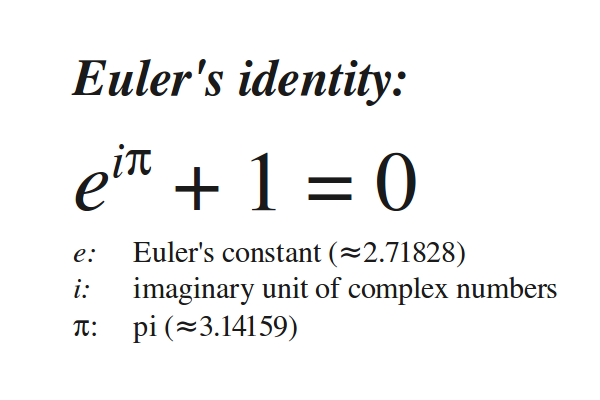Predictors of Search Success
June 20, 2013
I learned that a traditional commercial database company has revised some of it sales person training. The shift has been from value based selling to something much more basic — getting organized. Will “getting organized” help this company move from its moribund library market into the high flying world of the organic growth toward $800 million or more? Nah. Not a chance.
But the “back to basics” shift is not an anomaly.
I read “Organizational Skills Beat Algorithmic Wizardry.” The main point is that creating useful software is more dependent on one’s ability to be organized than working fancy math in one’s head. If that were not enough, I read “Google Admits Those Infamous Brainteasers Were Completely Useless for Hiring.” I included some of the questions in one of my Google monographs.
I recall this screening question even though I am not smart enough to be a full time Googler. Maybe a rental? But even then I am a dull normal in a pond of 160+ IQ types. Here’s the question:
In your opinion, what is the most beautiful math equation ever derived?
An acceptable answer, as I have heard, is

My answer of 1 + 1 = 3 was unacceptable. My reasoning was that one Googler plus one bonus for social innovation yields a great social media service like Google Plus Wrong. Wrong. Wrong. Such a dunce am I. The key attribute is knowing how to generate revenue and then increasing that revenue.
Here’s what the “revelation” reported in the Quartz asserted:
Google has admitted that the head scratching questions it once used to quiz job applicants (How many piano tuners are there in the entire world? Why are manhole covers round?) were utterly useless as a predictor of who will be a good employee. “We found that brainteasers are a complete waste of time,” Laszlo Bock, senior vice president of people operations at Google, told the New York Times. “They don’t predict anything. They serve primarily to make the interviewer feel smart.”
Too bad I am to dumb to know much about anything. Euler. He probably pronounced his name like “oil” as in “oiler.” For my US readers, some knowledge of math is helpful in unpacking this analysis.
Stephen E Arnold, June 20, 2013
Sponsored by Xenky



